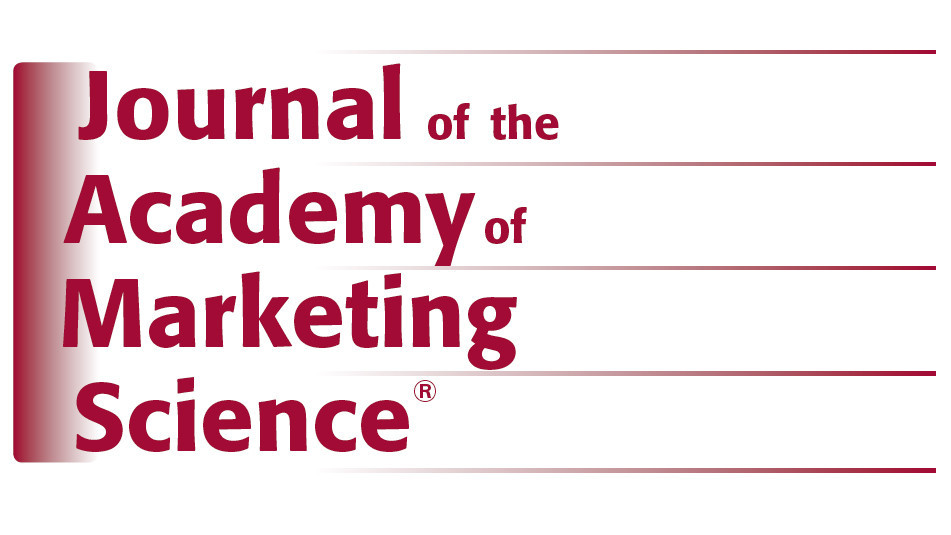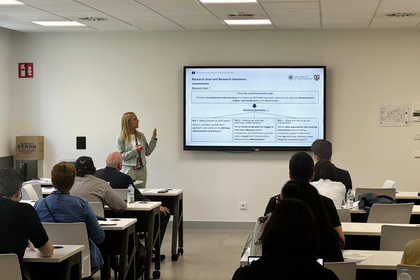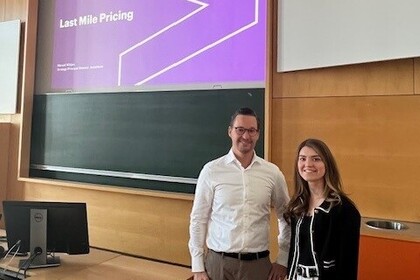New Publication in the Journal of the Academy of Marketing Science

Congratulations to Dr. Dominik Wielgos and Prof. Christian Homburg, whose paper on digital marketing capabilities was recently published in the Journal of the Academy of Marketing Science, one of the most important journals for marketing research.
Marketing capabilities are complex bundles of skills and knowledge at the company level that are embedded in organisational processes of companies with the aim of performing marketing-oriented tasks and reacting to changes in the market. As such, they continue to be an important driver of business performance. However, in order to keep pace with the profound changes in practice enabled by the digitalisation of marketing activities, companies are increasingly forced to create new, and in particular digital, marketing capabilities. Digital marketing capabilities refer to a company's ability to use digital technology-enabled processes to interact with customers and partners in a targeted, measurable and inclusive way and to create new forms of value creation (without regard to time or distance). Although there are already academic articles in the field of digital marketing, research in the specific area of digital marketing capabilities is surprisingly scarce or limited. Against this background, the present study takes a first step towards filling the existing research gaps and makes three important contributions.
First, the present study takes a holistic approach and simultaneously examines the performance effects of digital and traditional marketing capabilities. The results show that digital marketing capabilities make a significant contribution to company profitability.
Second, the study provides a deeper understanding of the interaction between digital and classic marketing capabilities. In this way, important trade-offs can be identified that lead to actionable implications for management to exploit the complementarity potential and prevent the substitution potential of a company's marketing capabilities.
Third, it relies on a mixed-methods approach, combining in-depth interviews and a unique multi-source cross-industry dataset, which can enhance the validity and generalisability of the study findings. This study is thus the first to combine primary and and secondary data to examine the individual and interactive effects of digital and traditional marketing capabilities on business performance.



